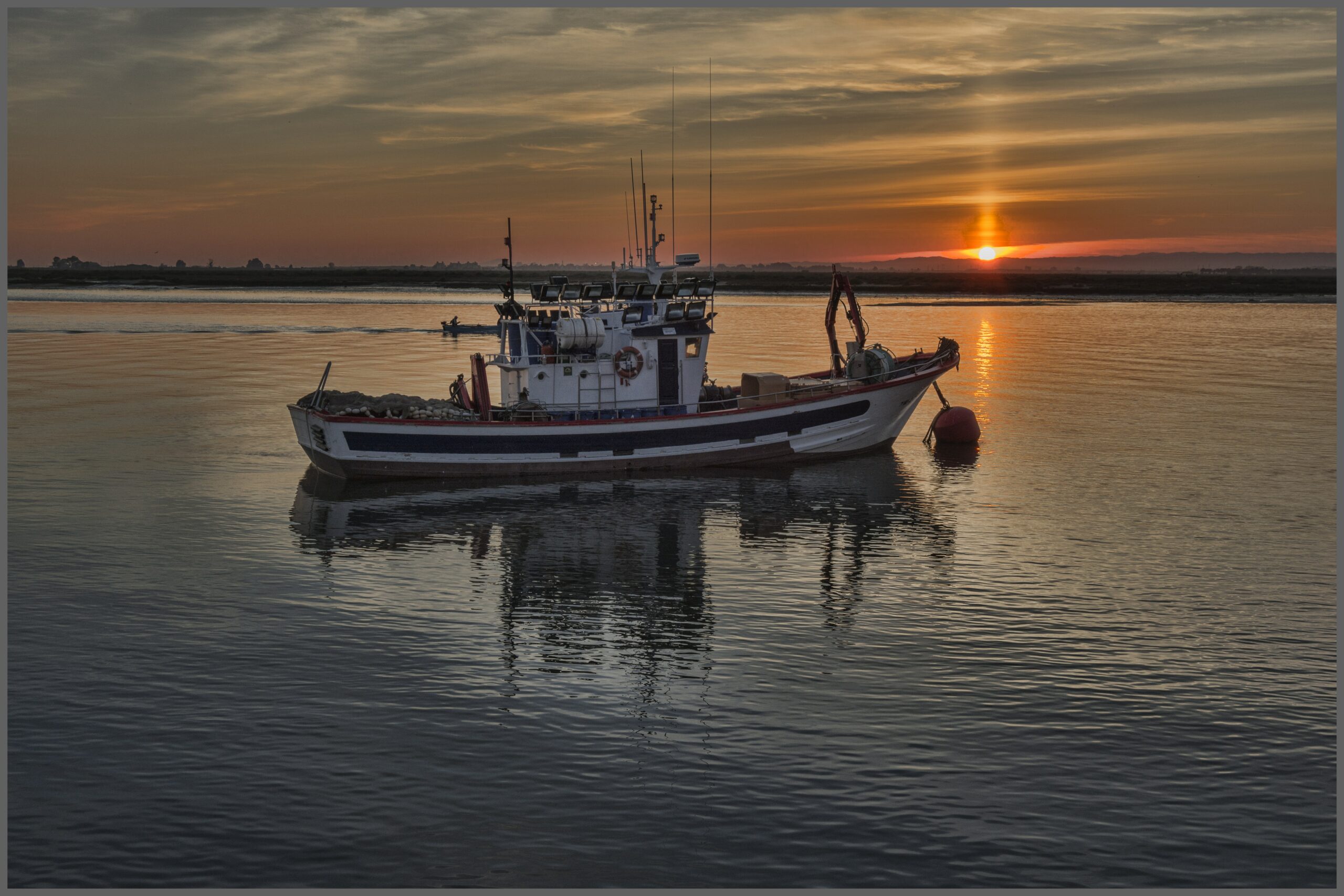Pollution and overexploitation of the oceans cause an increasing number of problems: the danger to the diversity of species, the acidification of the seas and the increase in plastic waste. In addition to fishing and the industrial exploitation of marine resources, climate change is also causing increasing pressure on ecosystems. The ever-growing world population will in future be even more dependent on marine resources.
Goal 14 of the 2030 Agenda aims to significantly reduce all types of marine pollution by 2025. It also aims to minimize ocean acidification, conserving and sustainably using the oceans, seas and marine resources.
What does Goal 14 foresee?
- By 2025, prevent and significantly reduce all forms of marine pollution, especially pollution from land-based activities, including pollution by marine debris and nutrients.
- Sustainably manage and protect marine and coastal ecosystems to avoid particularly negative impacts, also by strengthening their resilience, and act for their restoration in order to obtain healthy and productive oceans.
- Minimize and address the effects of ocean acidification, including through enhanced scientific collaboration at all levels.
- Effectively regulate fisheries and end overfishing, illegal, unreported and unregulated fishing and destructive fishing methods. Implement science-based management plans to restore fish stocks as quickly as possible.
- Preserve at least 10% of coastal and marine areas, in accordance with national and international law and based on the most accurate scientific information available.
- Prohibit those forms of fisheries subsidies that contribute to overcapacity and overfishing, eliminate subsidies that contribute to illegal, unreported and unregulated fishing, and refrain from reintroducing such subsidies.
- By 2030, enhance the economic benefits of small island developing States and least developed countries through more sustainable use of marine resources, including sustainable management of fisheries, aquaculture and tourism.
- Increase scientific knowledge, develop research capacity and transmission of marine technology, with the aim of improving ocean health and increasing the contribution of marine biodiversity to the development of emerging countries.
- Provide access for small artisanal fishermen to marine resources and markets.
- Enhance the conservation and sustainable use of the oceans and their resources by applying international law, as set out in the United Nations Convention on the Law of the Sea.
97% of all available water on Earth belongs to the oceans and seas, with a surface area equivalent to 71% of the earth’s surface. Their protection is therefore essential for the survival of life on Earth.
![]() Campaign financed according to EU REG. NO. 1308/2013
Campaign financed according to EU REG. NO. 1308/2013








